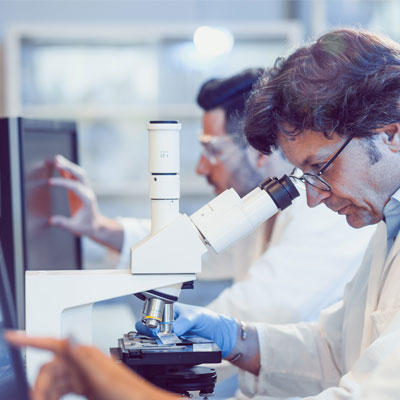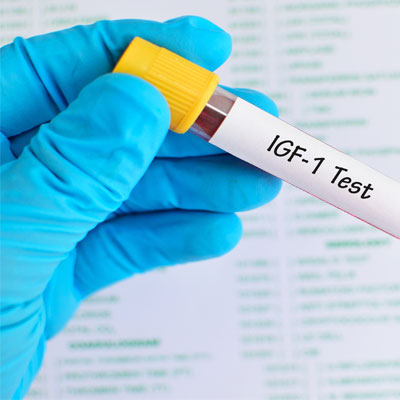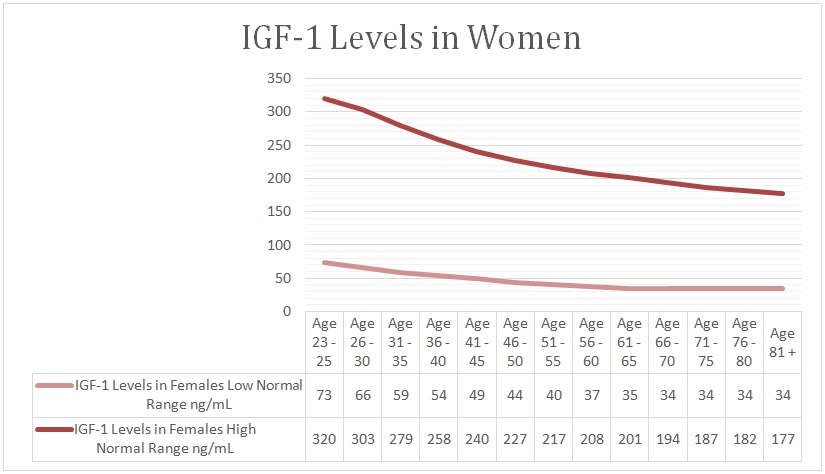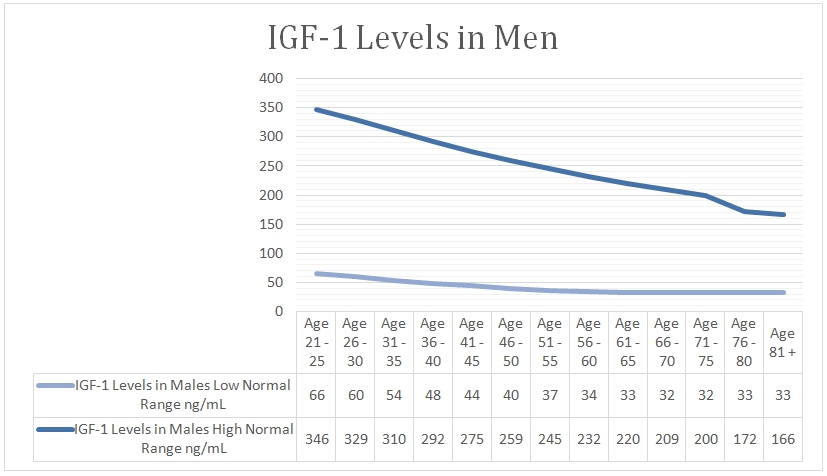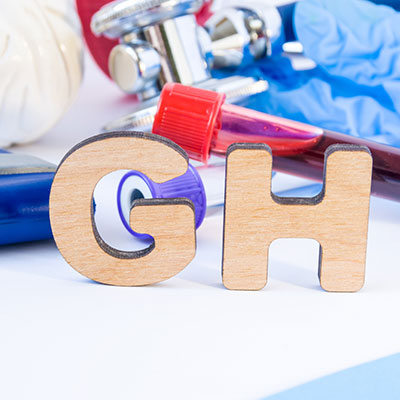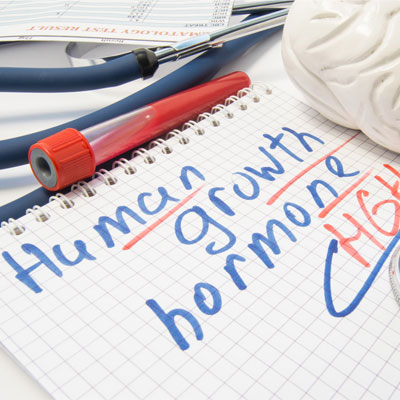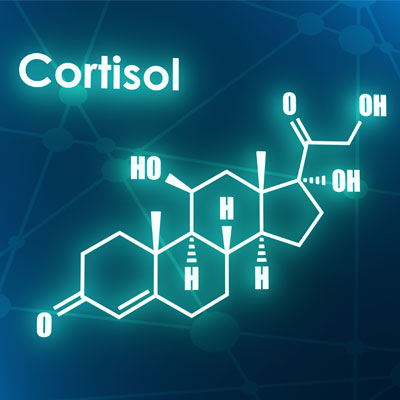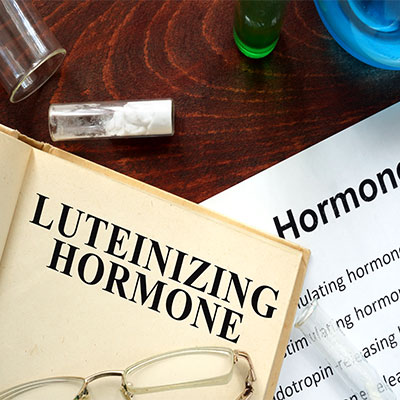Contents
Although you may not need as much human growth hormone as you did during puberty, your body will always require a supply of this vital chemical messenger. It is natural for your HGH levels to drop as you get older. Make no mistake that this will occur. The degree of decline, and how it impacts your body is subject to numerous variables. Sleep, exercise, weight, food intake, and stress all influence HGH secretion.
Following puberty, growth hormone levels Trusted sourceAdult-onset growth hormone deficiencyYou and your hormonesGo to sourcebegin to decrease . The body knows it is done growing, yet there are still many reasons why maintaining a healthy supply of HGH is crucial. Each day, human growth hormone stimulates the production of new cells. Your internal organs, skin, muscles, hair, blood supply, nails, and bones need these cells to support your well-being.
If your HGH levels decline too much or too fast, cellular regeneration will decrease. You will start to experience physical and physiological aging. Since the brain also requires HGH to stimulate learning and memory receptors, you may suffer cognitive decline. HGH also influences immunity, metabolism, and libido.
How much growth hormone do you need as you age?
This is where the subjective part of measuring HGH levels come into effect. Every person is unique, as is the way the body utilizes human growth hormone. You need the amount of HGH that allows you to look, feel, and perform at your best.
In the next section, we will show you two charts – one male and one female. These graphs measure the amount of insulin growth factor 1 in the bloodstream. IGF-1 is the primary indicator of HGH levels in adults.
Why not measure HGH itself?
Human growth hormone secretion occurs an average of every three to five hours. The release from the pituitary gland comes in pulsatile bursts that enter and exit the bloodstream at a rapid rate. Timing the secretion requires stimulation testing that is unnecessary in most adults. HGH stimulates IGF-1 production by the liver, and its levels remain relatively constant throughout the day.
Although you are done growing, your body needs to maintain a healthy supply of HGH to support critical physiological functions.
What Are Normal HGH Levels by Age?
The range for measuring HGH levels is relatively vast. Normal can fall anywhere in between the high and low numbers. Of course, the closer to the mid to high-range, the better. It is possible to start to exhibit symptoms of growth hormone deficiency as numbers get to the lower end of the scale.
Every lab has its recommended set of values. According to the Mayo Clinic, here are HGH levels by age – first for women and then for men.
The hormone specialist will use the numbers in the HGH levels chart from the laboratory that tests your blood to determine a deficiency.
It is best to maintain HGH levels in the mid to upper-range of the charts.
Insulin-like Growth Factor 1 (IGF-1)
| Age | Male (ng/mL) | Female (ng/mL) |
| 31 to 35 | 88−246 | 73−243 |
| 36 to 40 | 83−233 | 69−227 |
| 41 to 45 | 75−216 | 62−204 |
| 46 to 50 | 67−205 | 57−195 |
| 51 to 55 | 61−200 | 53−190 |
| 56 to 60 | 54−194 | 46−172 |
| 61 to 65 | 49−188 | 42−169 |
| 66 to 70 | 47−192 | 38−163 |
| 71 to 75 | 41−179 | 37−165 |
| 76 to 80 | 37−172 | 35−165 |
| 81 to 85 | 34−165 | 34−172 |
| 86 to 90 | 32−166 | 34−178 |
How Do I Measure My HGH Levels?
The HGH levels test comprises a blood analysis of a variety of different panels (blood markers). The hormone specialist looks at your complete blood count (CBC), lipid panel, and a variety of hormone levels to check for imbalances.
To accurately assess HGH levels, you will not eat or drink anything after midnight of the evening before your scheduled test. The blood specimen collection takes place first thing in the morning at a laboratory in your area.
Once the doctor receives the results from the lab, he or she can assess your situation by comparing the findings to your physical examination report. An assessment of your symptoms and health history complete the diagnostic process.
Blood analysis measures HGH levels to determine a deficiency.
How Do I Increase Low HGH Levels?
Depending on the blood test results, there are a variety of options to increase low HGH levels. The severity of your growth hormone decline may dictate which treatment selection best suits your needs.
If you have the physical signs of growth hormone deficiency, and your HGH levels blood test shows low levels, the best option is HGH therapy. The daily administration of human growth hormone injections provides an immediate boost in HGH levels. You will begin to see the results of this treatment within the first two weeks. Benefits continue throughout the initial six-month treatment protocol. At that time, you and the doctor will reassess your options.
For adults in the early stage of HGH decline, treatment with sermorelin is often the better option. Sermorelin is a secretagogue that boosts natural HGH production. The results take longer, usually a few months, but that is not a problem since there is typically an absence of severe symptoms.
Before a decline occurs, getting at least seven hours of sleep each night, exercising, reducing stress, and proper dietary intake can help boost HGH levels.
You can increase HGH levels with HGH therapy, sermorelin, or natural means, depending on your deficiency.
- Fred H. Gage
- F. A. WELBY
- Scielo (Archives of Endocrinology and Metabolism)
- F. Nyberg
- Jin-Young Chung, Jun-Sang Sunwoo, Min-Wook Kim, and Manho Kim, M.D., Ph.D.
- Joseph Lopez, Amy Quan, Joshua Budihardjo, Sinan Xiang, Howard Wang, Kiron Koshy, Christopher Cashman, W. P. Andrew Lee, Ahmet Hoke, Sami Tuffaha & Gerald Brandacher
- Nyberg F. Burman P.
- Jesús Devesa, Cristina Almengló, Pablo Devesa
Neuroscience: The Study of the Nervous System & Its Functions
The Growth of the Brain A Study of the Nervous System in Relation to Education
Effects of growth hormone in the central nervous system
Growth hormone in the brain: characteristics of specific brain targets for the hormone and their functional significance
The neuroprotective effects of human growth hormone as a potential treatment for amyotrophic lateral sclerosis
Growth Hormone Improves Nerve Regeneration, Muscle Re-innervation, and Functional Outcomes After Chronic Denervation Injury
Growth Hormone and Its Receptors in the Central Nervous System – Location and Functional Significance
Multiple Effects of Growth Hormone in the Body: Is it Really the Hormone for Growth?

